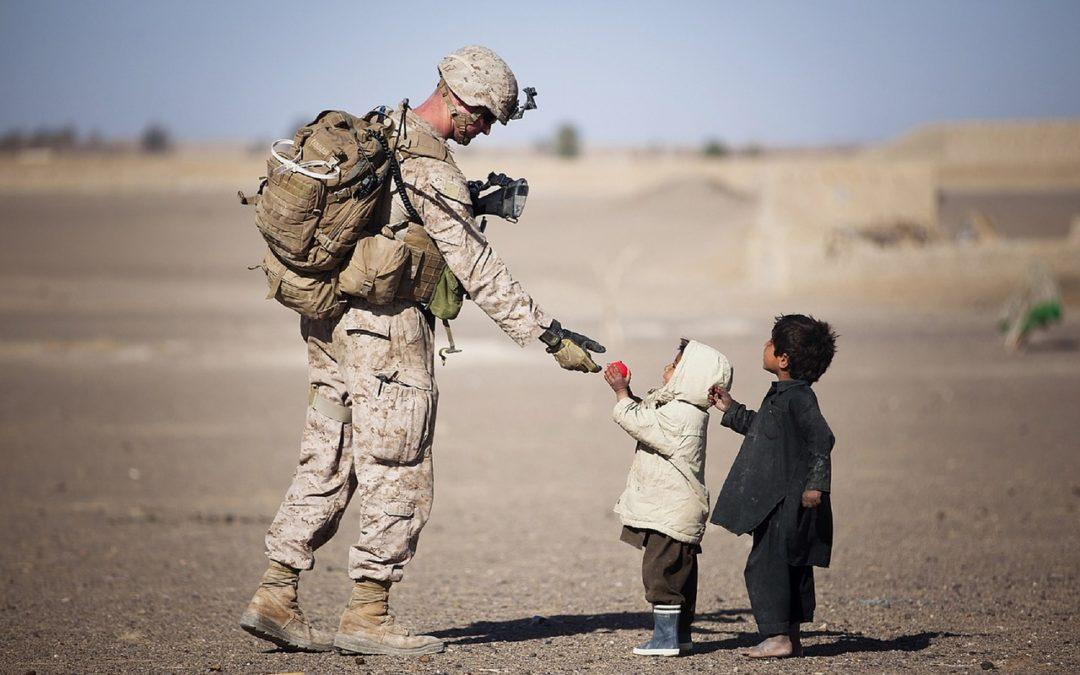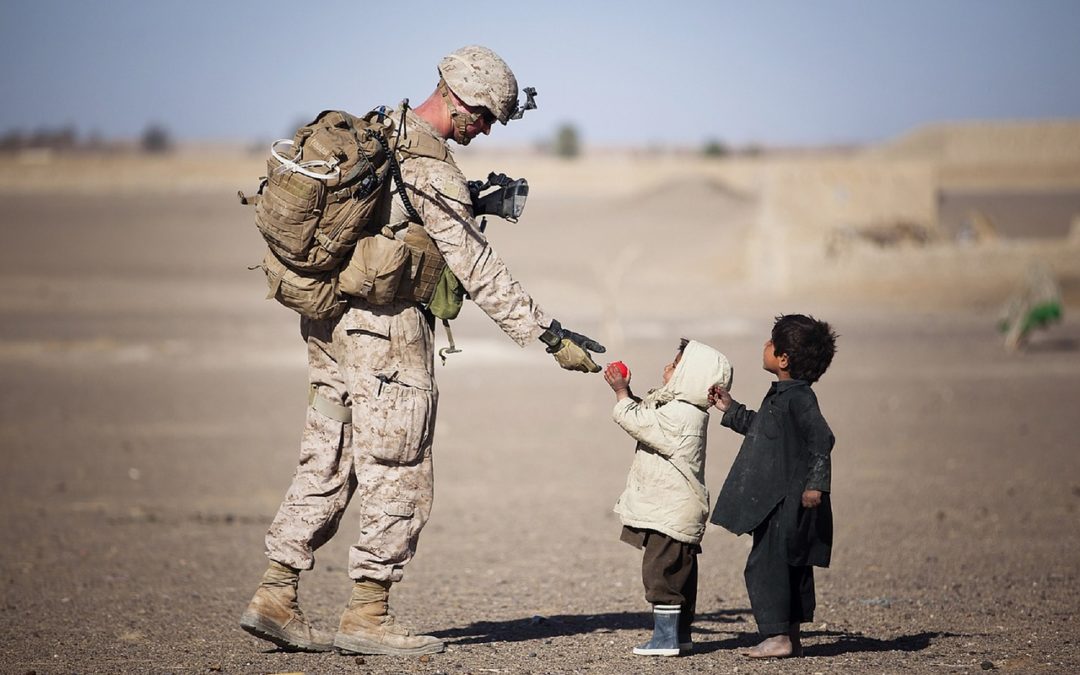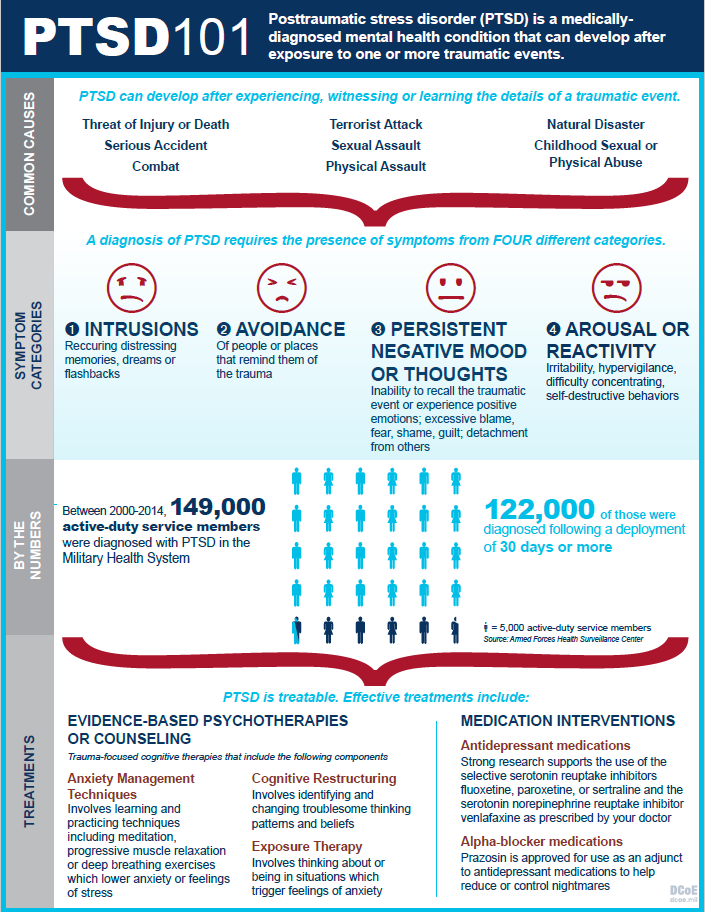

Suffering from PTSD can be particularly difficult because the symptoms often are accompanied by embarrassment or shame. If your loved one has been diagnosed with PTSD, here’s what you need to know to help.
What is PTSD?
PTSD, or post-traumatic stress disorder, is a type of mental health disorder. People typically develop PTSD after facing a life-threatening event. Some of the most common triggers for PTSD include combat at war, car accidents, natural disasters, and sexual assault.
Of course, it’s normal for people to experience negative symptoms after one of these events. Most of us will dwell on the unpleasant memories, feel on edge, or struggle to sleep in the wake of such trauma. It is also usually difficult to return to work, school, or spending time with friends at first. In general, these feelings subside over time.
For people with PTSD, these emotions do not go away. They can experience the same feelings of fear and panic months or years after the events occurred. What’s worse, many people don’t develop symptoms until later on, preventing them from making the connection between the event and their condition (and thereby delaying how soon they seek help).
Who Develops PTSD?
Anyone can develop PTSD. It is not a sign of weakness. Some factors increase its likelihood such as the duration and severity of the traumatic event.
Check out this great info graphic from Brainlinemilitary.org for all the basics on understanding PTSD.

How to Help Someone with PTSD
Although it’s impossible to truly understand PTSD without experiencing it, many people benefit from having emotional support. If your loved one has been diagnosed, it’s important to offer the right kind of attitude to help their healing process. Here are some things to consider.
Don’t Pressure
Most people with PTSD have a difficult time talking about what they experienced. Never force them to discuss the event – it could trigger a painful flashback and exacerbate symptoms. Instead, let them know you’re there if they ever do wish to talk and be available during other times. Feeling accepted and engaged is a huge part of healing after the trauma.
Engage in “Normal” Activities
Make sure you do things with your loved one that have nothing to do with the painful event. Forming new habits, such as going to the gym or taking some sort of class, can be especially therapeutic. Distraction is a great way for people with PTSD to escape from their symptoms and enjoy life more.
Above all, always be kind and loving. Dealing with trauma is extremely difficult and your loved one likely will have bad days. Your unwavering presence, in many cases, will mean the world.
Additional Resources:
https://www.helpguide.org/articles/ptsd-trauma/ptsd-in-the-family.htm
http://www.ptsd.va.gov/public/PTSD-overview/basics/what-is-ptsd.asp